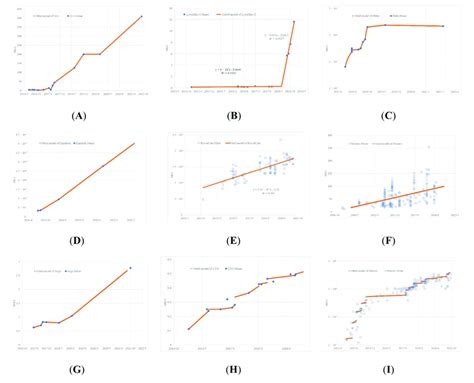Ethereum: If SHA256 and/or RIPEMD-160 were broken, would all bitcoin addresses be compromised?
** In the event of failure
As the second largest cryptocurrency of market capitalization, Bitcoin has developed its reputation for its safety and resistance. However, below solid encryption layers is a vulnerable point: Sha256 (Hash Secure 256) and RIPEMD-160 (Hash Mad-160 with digestive messages with messages 160) used to generate signatures. In this article, we will deepen the possible consequences of broken or damaged RIPEMD-160 by investigating whether all Bitcoin addresses will be damaged.
Problem: broken bag features
SHA256 and RIPEMD-160 are widely used to generate exclusive operations ID (ITus) in Bitcoin operations. These features use complex algorithms that absorb blockchain status as an input and create a sequence of fixed length characters. However, if the SHA256 or RIPEMD-160 is broken or executed, the resulting bags can be manipulated by creating fake operations.
Imagine a script when the attacker gets access to Sha256/RIPEMD-160 on the Bitcoin network. They could exploit the code’s vulnerabilities by allowing them to manipulate the operation ID and change the legitimate false. This would damage the integrity of Blockchain Bitcoin and potentially encourage:
- Forced operations : A committed bag function would allow the intruder to create a new set of operations with changed addresses, so they seem to control the background.
2.
Effect Bitcoin addresses
Bitcoin addresses are generated using a private key combination (stored in wallet) and operation ID (ICU). The Hash Sha256/RIPEMD-160 feature used to generate the ITI is not directly related to the address, but it is still possible to control bags to create new addresses.
If RIPEMD-160 is entered or damaged, all Bitcoin addresses can be affected in two ways:
- All addresses would be damaged : The intruder could use his new access to change all network operations ID, causing inconsistent and vulnerable state.
- Only specific addresses would be damaged : In this scenario, the intruder can only have one subset of addresses, leaving others intact.
Additional vulnerabilities: ECDSA (Digital Elipse Curve Digital Signature Algorithm)
ECDSA is another cryptographic component used in Bitcoin digital signatures. Although it provides additional security resources and has been widely checked, it is very important to note that:
- ** ECDSA is not directly vulnerable to broken Sha256/ RIPEMD-160: ECDSA algorithm depends on safe bag function used together, which means that the attacker cannot investigate broken/ Ripemd-60 Sha256, In addition, moreover, moreover, also without broken/ RIPEMD-60 Sha256, and without compromising the implementation of ECDSA.
- ECDSA provides an additional protection layer : As mentioned earlier, ECDSA is designed to ensure reliable safety resources, so less likely the damaged bag function reveals the entire network.
Заключение

While broken, executed or damaged RIPEMD-160/RIPIPEMD-160 may be at high risk of the Bitcoin approach mechanism, there are still other vulnerabilities and scripts that can damage the integrity of the network:
1
2.
